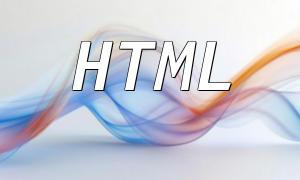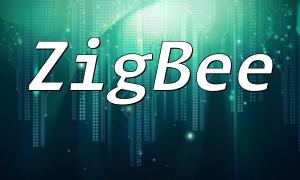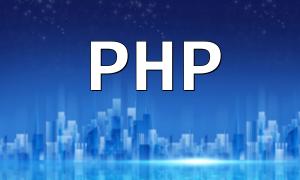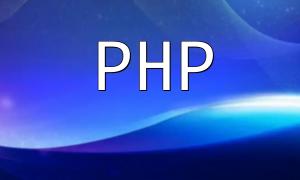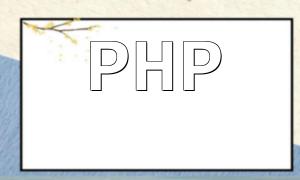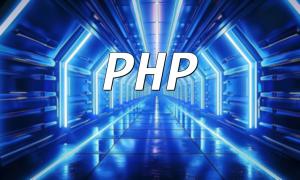With the rapid growth of the internet, websites have become one of the most important channels for information exchange. However, the increasing number of cyber threats has made website security a growing concern. PHP and CGI are two commonly used development languages, and their security has been a topic of much debate. This article will compare the security of PHP and CGI and provide methods to enhance website security.
PHP is an open-source server-side scripting language widely used in web development. CGI (Common Gateway Interface), on the other hand, is a protocol that allows external programs to interact with an HTTP server. PHP directly executes code on the web server, which makes it more vulnerable to attacks. In contrast, CGI supports multiple scripting languages, which provides slightly better security but still poses risks.
Both PHP and CGI face common security challenges, such as code injection attacks like SQL injection and Cross-Site Scripting (XSS). We will introduce these attacks and provide code examples to demonstrate how to mitigate these risks.
SQL injection attacks involve inserting malicious SQL code into user input, which can then be used to access or modify the database. To prevent SQL injection, we can use prepared statements to safely handle user input. Below is an example using PHP’s PDO library for prepared statements:
<?php
$dsn = 'mysql:host=localhost;dbname=test';
$username = 'root';
$password = '';
try {
$pdo = new PDO($dsn, $username, $password);
$pdo->setAttribute(PDO::ATTR_ERRMODE, PDO::ERRMODE_EXCEPTION);
$stmt = $pdo->prepare('SELECT * FROM users WHERE username = :username');
$stmt->bindParam(':username', $_POST['username']);
$stmt->execute();
$result = $stmt->fetch(PDO::FETCH_ASSOC);
} catch (PDOException $e) {
echo 'Error: ' . $e->getMessage();
}
?>
In this example, we use the bindParam function to bind the user input, which helps prevent the injection of malicious code.
Cross-Site Scripting (XSS) attacks involve injecting malicious scripts into the user's browser. To prevent this, we can use PHP’s htmlspecialchars function to escape special characters in user input, ensuring that malicious code is not executed. Here is an example to prevent XSS attacks:
<?php $username = htmlspecialchars($_POST['username'], ENT_QUOTES, 'UTF-8'); echo 'Welcome, ' . $username; ?>
By escaping special characters in user input, we effectively prevent the execution of malicious scripts, thereby reducing the risk of XSS attacks.
In addition to preventing SQL injection and XSS attacks, there are other common security practices that can further enhance the security of your website:
PHP and CGI are widely used web development technologies, but both require attention to security. By using prepared statements and HTML escaping techniques, we can significantly reduce the risk of SQL injection and XSS attacks. Additionally, adopting regular software updates and strong security policies are essential for improving website security. Developers should always prioritize security when writing code and take appropriate measures to protect their websites.
